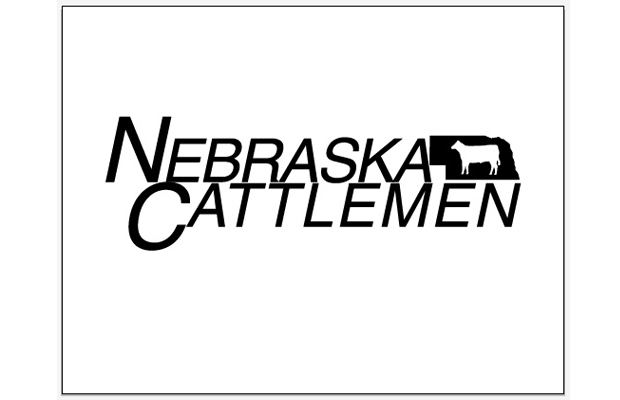The Burger King chain has rebalanced the diet of some of its cows by adding lemon grass in a bid to limit bovine contributions to climate change. The chain believes it can reduce a cow’s daily methane emissions by about 33 percent. Nebraska Cattlemen Association President Ken Herz says animal activists have pressured food chains and caused a lot of misinformation about agriculture that needs to be corrected with the proper perspective.
The Environmental Protection Agency says greenhouse gas emissions from agriculture made up 9.9% of total U.S. greenhouse gas emissions in 2018. Herz says that cattle contribute even less than that to those emissions and have been unfairly blamed for injuring the environment.
He says its critical farmers and ranchers keep telling their story so that consumers get the proper information rather than what some extremist or activist groups put out as to what they’re calling facts.
Burger King this week introduced its Reduced Methane Emissions Beef Whopper, made with beef sourced from cows that emit reduced methane. It was sold in select restaurants in Miami, New York, Austin, Portland, and Los Angeles.





